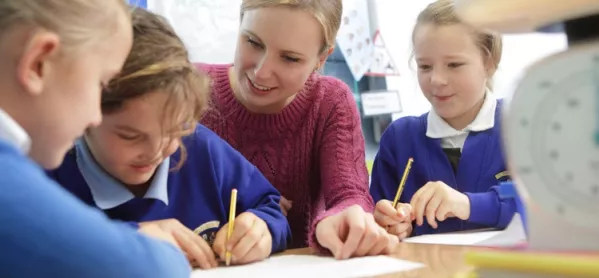In 2013, the United Nations engaged some 2 million people in 88 countries in a survey, asking which area of development mattered most to them.
More than 7 million responded online, by ballot or through SMS, overwhelmingly choosing “a good education” and “better healthcare” as top priorities, with education as the number one priority regardless of gender, age, wealth or level of schooling.
Why is that? Well, there’s a term for it. A rigorously objective, indisputably scientific description of the human intellectual synthesis involved. It’s called common sense.
It is common sense to believe that a quality education is a foundation; that educated men and women are in a better position to have a voice in their future, a choice of paths and possibilities; more likely to choose investment in themselves and their families and future and less apt to be swayed by demagogues and unsustainable fixes to stubborn problems.
This common sense is borne out by fact.
Unesco’s Global Education Monitoring Report is the most authoritative survey of the state of education-related issues year after year. Thanks to their work, we know educational attainment reduces child mortality and increases maternal health, reduces poverty and increases nutrition, reduces crime and increases political participation.
Take a dollar, invest it in an additional year of schooling for girls and young women and it generates earnings and health benefits of $10 in low-income countries and nearly $4 in lower-middle-income countries. The Education Finance Commission said in September: “Around one-third of the reductions in adult mortality since 1970 can be attributed to gains in educating girls and young women.”
Nearly three years ago, the international union federation Education International (EI) joined the US-based the Association for Supervision and Curriculum Development (ASCD) and others in a Global School Health Statement, which said, in part: “Health and social policies, must be adapted, crafted, and integrated into the policies, processes, and practices of education systems.”
In short, said the statement, “health must find its cultural anchor within the education system”.
Synergies to achieve sustainable development
Weeks after UN ratification of the sustainable development goals (SDGs) last September, EI and ASCD called for alignment and joint planning between SDG 4 (education) and SDG 3 (health). With 17 Goals, defining synergies is critical.
As Unesco said: “Each of the 17 goals have a set of targets. In each set, at least one target involves learning, training, educating.”
Common sense. Education is not an island, neither is health.
For that matter, islands aren’t islands unto themselves either.
The 2016 edition of the Global Education Monitoring Report - described by Dr Jeffrey Sachs as ”masterful and disquieting” - opens with a chilling sentence: “The planet Earth is in a dire state.”
I come from an island (Australia) that is struggling to respond to the growing threat of global climate change. Our water, our food and our infrastructure are at stake and we share this challenge with vast sections of the planet.
We know that quality education is a powerful tool for raising awareness about the global climate emergency and for combatting climate change.
Individual empowerment and a real sense of citizenship are the critical foundations of sustainable development and it all starts with great teachers, and quality tools and environments for teaching and learning - for every student.
Only when we reach beyond sectors and the silos or “islands” of individual disciplines can we find truly sustainable solutions for the challenges we face.
Joining the advocacy of the world’s educators to the movement for sustainable development on behalf of the whole child, whole student, and whole community is only the beginning.
Susan Hopgood is president of Education International, the international federation of teacher unions
Want to keep up with the latest education news and opinion? Follow TES on Twitter and like TES on Facebook

